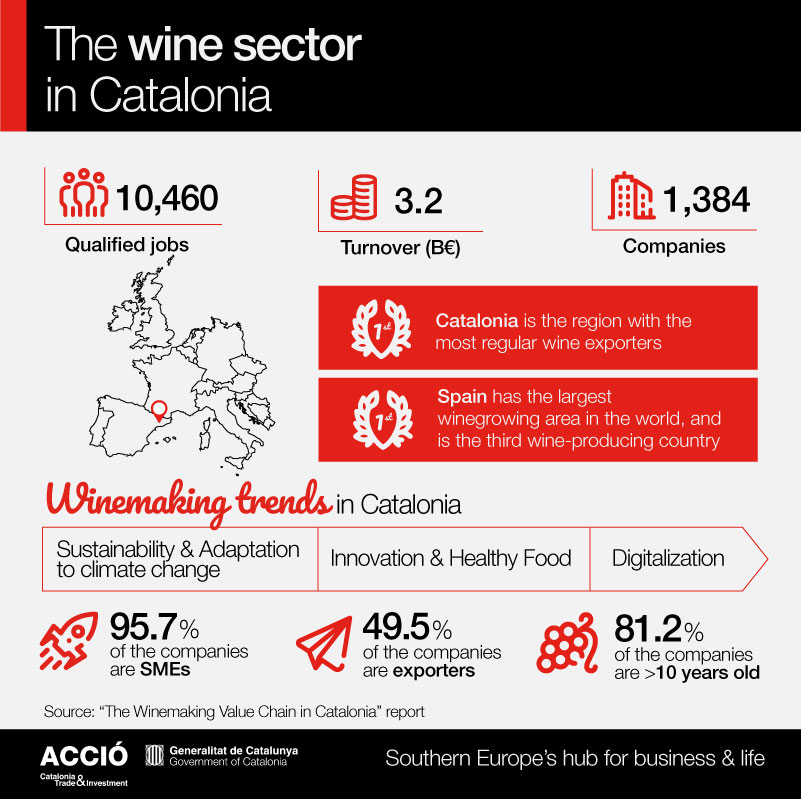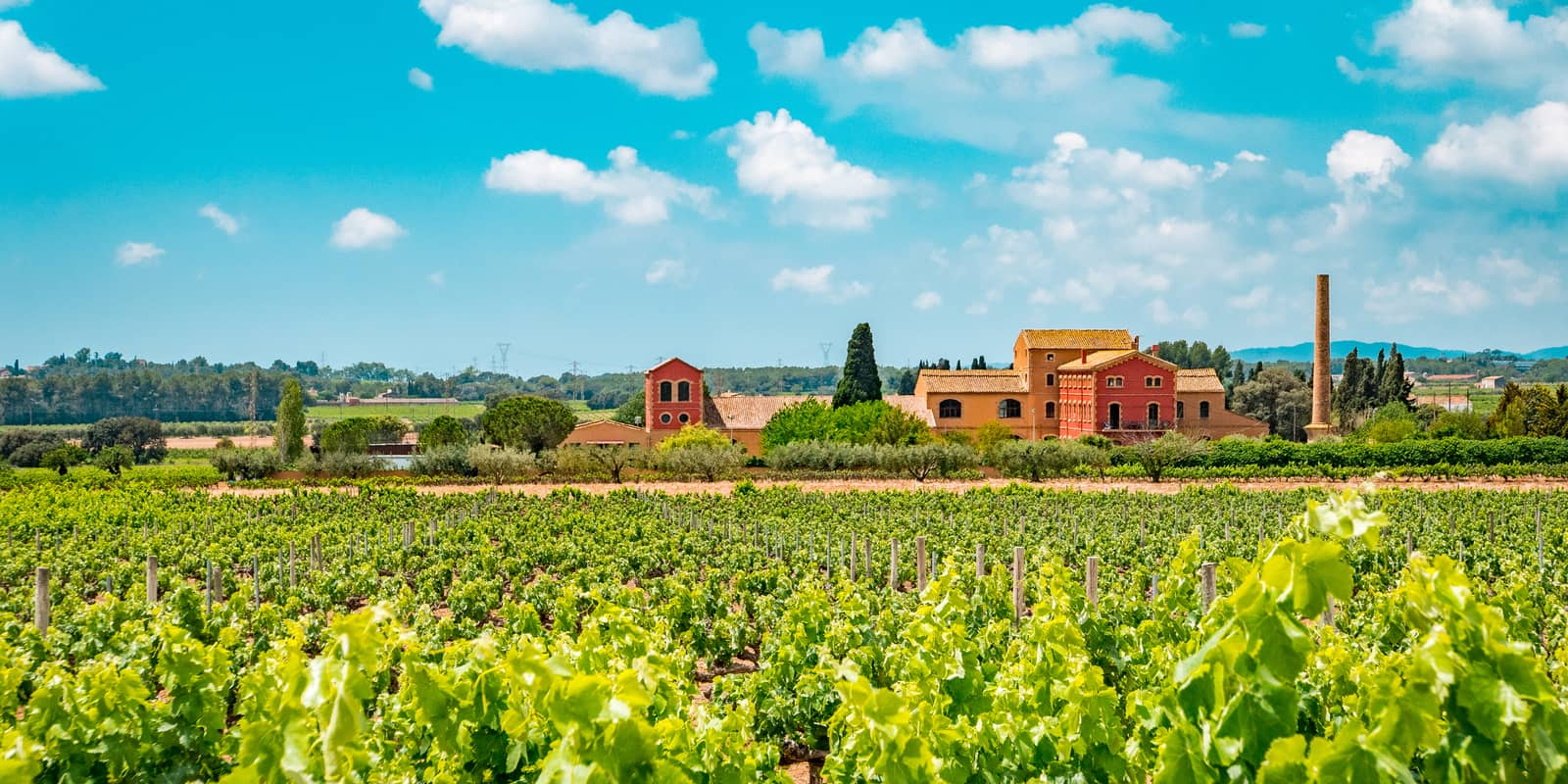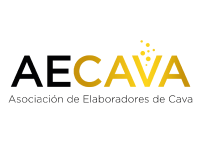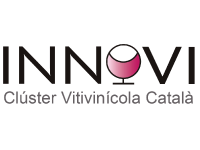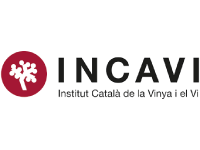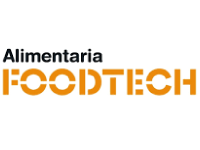Catalonia, a strong exporter
The report highlights that nearly half of the companies in the viticulture sector (49.5%) are exporters. According to the data collected in the document, in 2023, Catalonia’s exports amounted to 615 million euros, five times the recorded imports of foreign wines and cavas.
This success is further bolstered by a dedicated platform, Catalan Wines USA, which serves as an official channel for promoting these award-winning wines in the United States. Sponsored by the Government of Catalonia and jointly created by Catalonia Trade & Investment and many catalan wineries, Catalan Wines USA ensures that the best Catalan wines are readily available in the US market.
Over the past decade, Catalonia has accounted for 21.1% of Spain's total wine and cava sales abroad, leading both in the number of companies engaged in international business and in the volume of business generated. By country, Germany, the United States, Belgium, the United Kingdom, and Japan are the main destinations for Catalan wines and cavas.
The Catalan and Spanish viticulture sectors are global market leaders. According to data from the International Organisation of Vine and Wine (OIV), Italy, France, and Spain are the top three wine-producing countries in the world, together accounting for over 50% of total production. In terms of vineyard area, Spain ranks first, followed by France and China.
A designation of origin that stands out in the sector
The document shows that Catalonia is one of the most internationally prestigious regions for viticulture quality, cultivation, production, and distribution. The mapping identifies 12 Designations of Origin, which account for 41.5% of the total wine bottles consumed, according to the Catalan Institute of Vine and Wine (INCAVI).
Additionally, the report highlights that 19 Catalan wines have been awarded the designation of "qualified estate wine" (VFC) by the Government, the highest quality recognition to enhance the knowledge and prestige of the respective winery's value chain.
Moreover, the extensive catalogue of wineries and companies dedicated to the viticulture sector has increasingly positioned wine tourism in the Catalan agenda. In this context, 33% of the mapped companies organize activities related to wine and cava tasting.
Sector challenges and trends
The wine ecosystem is undergoing a transition with two clear lines of transformation: on the one hand, a commitment to sustainability and resource optimization for production and cultivation; on the other, the consolidation of technology and digitalization as enhancers of the value chain.
From a sustainable production perspective, the viticulture sector is working to reduce water consumption, increase circular economy processes, and regenerate and reuse soils, ultimately aiming to reduce the environmental footprint throughout the industrial process.
This trend towards sustainability is driving a phase of innovation in the sector, aiming to offer healthier products, expand the range of organic wines, diversify flavors, and provide premium wines.
Finally, artificial intelligence, robotics, big data, and other new technologies are increasingly influential in the viticulture value chain, contributing to greater control throughout the cultivation, production, and winemaking processes. These technologies also enhance commercialization, offering optimal traceability to consumers, thereby improving prestige and market share.
